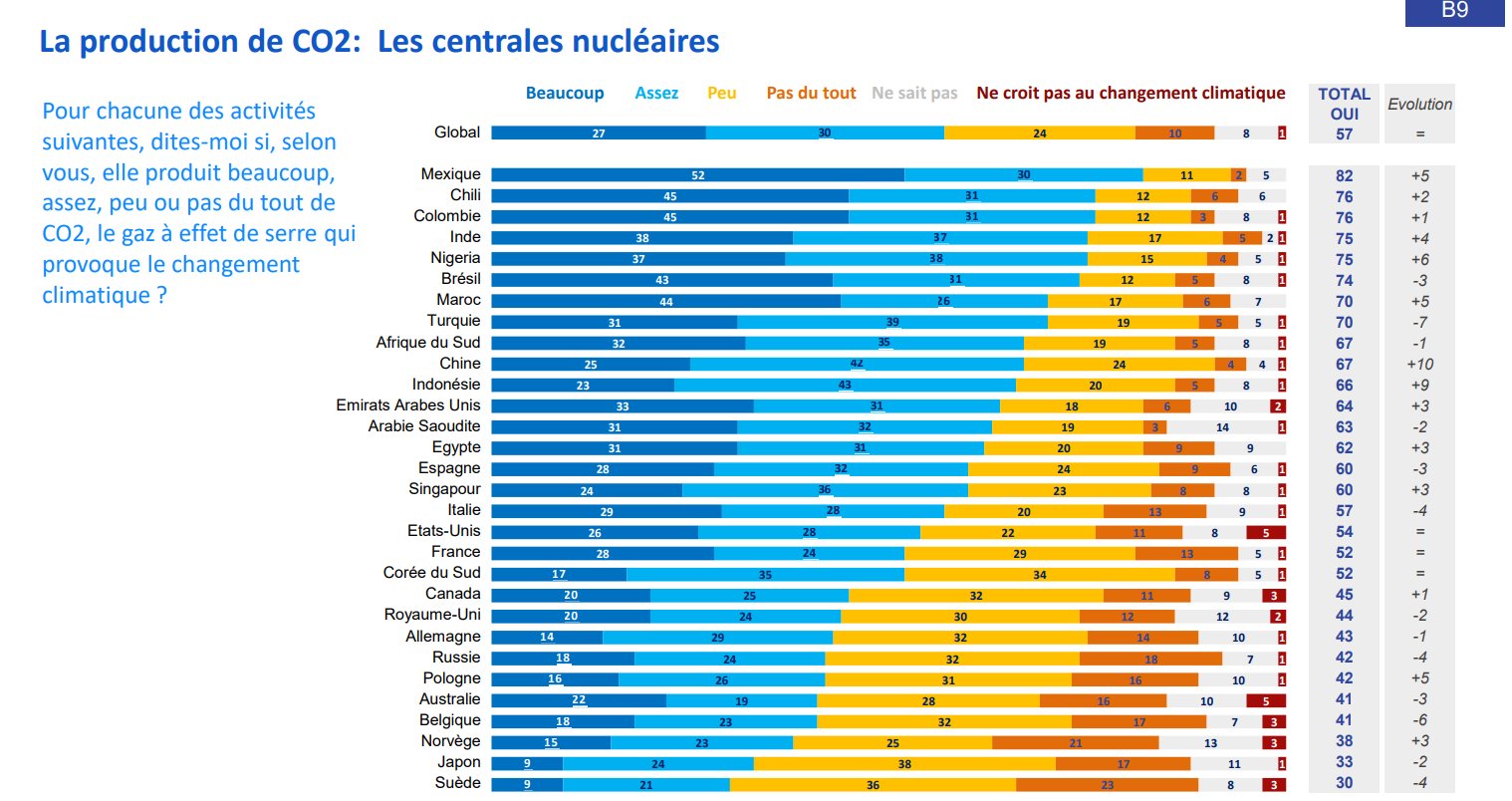It’s now well-known that the nation of Sri Lanka has been reduced to poverty, hunger, and chaos by top-down policies requiring organic farming and forbidding the use of artificial fertilizers. Western ‘experts’ who encouraged them onto this path are nowhere to be seen, and some of their historical posts/tweets have been deleted.
I’m reminded of a passage in Arthur Koestler’s novel Darkness at Noon. The protagonist, Rubashov, is an Old Bolshevik who has been arrested by the Stalinist regime, and the book represents his musings while awaiting trial and likely execution.
A short time ago, our leading agriculturalist, B., was shot with thirty of his collaborators because he maintained the opinion that nitrate artificial manure was superior to potash. No. 1 is all for potash; therefore B. and the thirty had to be liquidated as saboteurs. In a nationally centralized agriculture, the alternative of nitrate or potash is of enormous importance : it can decide the issue of the next war. If No. 1 was in the right, history will absolve him … If he was wrong …
Note that phrase in a nationally centralized agriculture. When things are centralized, decisions become overwhelmingly important. There will be strong pressure against allowing dissidents to ‘interfere with’ what has been determined to be the One Best Way.
Of course, it is theoretically possible for a maker of centralized decisions to decide that parallel and differing paths must be pursued. This even sometimes happens in practice. In the Manhattan Project to develop the atomic bomb, designs were developed for use of two different types of fissionables (Plutonium and U-235) and three or four different methods for the separation of Uranium isotopes were pursued.
But the multiple-paths approach rarely seems to happen in practice. The kind of people who rise to become key decision-makers in government rarely possess a great depth of nuance, and they are greatly influenced by confirmation bias, motivate reasoning, and political marketing considerations.
And even the most brilliant and thoughtful individuals can be wrong in a big way. Vannevar Bush, who was FDR’s science advisor during WWII, was an unquestionably brilliant and creative man who, along with his many other contributions, invented the mechanical analog computer and envisaged the concept of hypertext, long before the Internet and the World Wide Web. Yet, regarding the prospect of intercontinental ballistic missiles, he wrote in 1945:
The people who have been writing these things that annoy me have been talking about a 3,000-mile, high-angle rocket, shot from one continent to another, carrying an atomic bomb, and so directed as to be a precise weapon, which would land exactly on a certain target, such as a city. I say, technically I don’t think anybody in the world knows how to do such a thing, and 1 feel confident it will not be done for a very long period of time to come. I wish the American public would leave that out of their thinking.
If Dr Bush had had complete control over American defense and aerospace research, it is likely that the US would have been much later in ICBM deployment than it in fact was. We cannot know what the consequences of such lateness would have been, but it’s safe to say that they would not have been good.
And how likely is it that any significant number of our current experts in economics, social sciences, and various other sciences–and their political sponsors and makers of relevant decisions in various countries–are anywhere near as perceptive and forward thinking as Dr Bush was?…let alone more nearly infallible?
Want to bet your and your family’s food supply on it?

